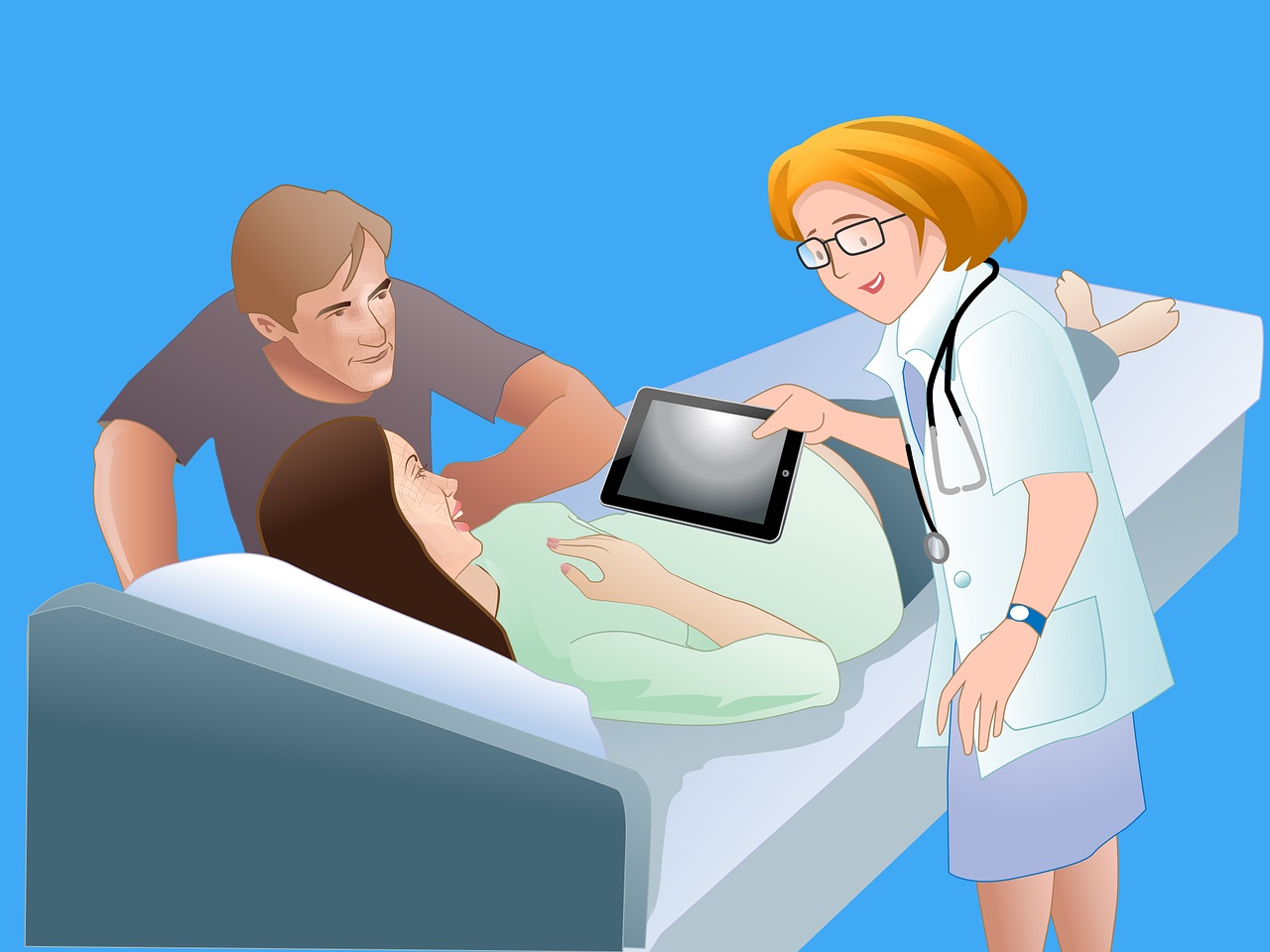It’s getting to be that time of the year. Spring… Ahhh… Birds chirping, snow melting, and oh yeah… of course… first year resident preparation for the first night of call. Often times this process begins with a bang called the Precall Quiz. Although it is not a specifically required measure for being able to start call, it is a way that many residencies assess the functioning of the soon-to-be second year in a “real-world” situation. Sometimes the residency program sets up the precall quiz. Other times, the residents create it. Regardless of who prepares the exam, the first year resident needs to prepare the same. Since the contents of the examination are generally limited to call cases, he/she should be able to expect what is going to be present on the quiz and be able to pass it without question. In today’s post, I am first going to go over the mechanics of a proper recall quiz, whether prepared by the chief resident or program director. And then most importantly, we will talk about how a resident should prepare to pass the test and make sure to feel “comfortable” taking his/her call for the first time. Here we go!
For The Residency Program: What Is A Fair Precall Quiz?
A precall quiz should consist of both the material/contents needed for the first night of call as well as be similar to the way that cases are taken on a night call. What does that mean? Emphasized cases should be situations that could “kill or severely injure patients” or are very common. In addition, it should also contain a few normal variants. These components will most simulate a real night on call.
Furthermore, the style of the examination should be given in the same way that call is taken. In other words, it should probably be administered on a PACS workstation in the way that cases are usually evaluated. Some residencies may still use the PowerPoint format. But, I think there is a danger to giving an exam with cases in this style. Giving individual pictures in a PowerPoint presentation format only assesses knowledge base and not the ability to find lesions on imaging modalities. Both of these qualities need to be evaluated prior tuo beginning call. Or else, a resident that passes this sort of examination is not truly assessed on all the fundamental knowledge bases needed to assess call competency. In fact, these residencies may be setting up certain residents for failure without the appropriate learned “finding strategies” when night call begins.
For The Examinee: How To Pass A Precall Quiz?
Studying should theoretically begin when the resident starts residency. However, many times residents will often cram knowledge into a short period of time prior to an exam. Either way, the examinee should really concentrate on ER case studies prior to taking the test. These should be the killer diseases such as aortic ruptures, pnemothoracies, neurological bleeds and infarcts, and so on. Also, you should be looking at lots of cases that are very common with some morbidity such as appendicitis, diverticulitis, cholecystitis, and more. I would recommend the Emergency Radiology Case Review Series as one resource that would be very help for taking the taking quiz. But, of course, it just a starting point. Make sure to look at hundreds of versions of the common disease entities so that there are no surprises on your first call night. It can be as simple as Googling appendicitis and looking at all the ways that this disease entity presents. But, it is just as important to attend your rotations real time so you have the experience of knowing how to use the PACS system to scroll and find these disease entities in a “real word” setting.
How To Feel “Comfortable” On That Dreaded First Night of Call
OK. I lied a bit at the beginning of this post. The truth is that no trainee radiology resident ever truly feels comfortable on their first night of call, unless you were born with the genius gene or you are missing the emotion of fear! So, do not expect to feel entirely in your element. That being said, if you know cold the entities that will kill or severely injure patients, have studied appropriate cased base material, and attend your daily rotations it is very unlikely that you injure anyone. The knowledge that you passed your precall quiz and know the basics should put you in good staid. Remember that most radiologists before you have been through the same situation as you and most have made it through the first night of call unscathed. And if you listen to me, just like them, you will make it through the process too!













